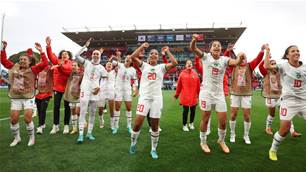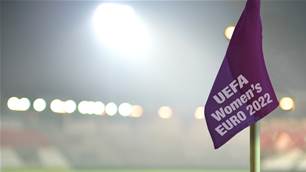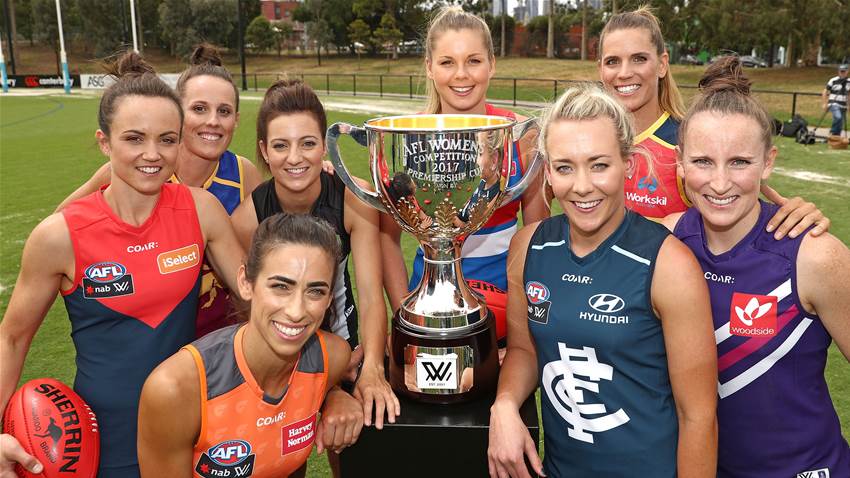So the women’s professional AFL league kicks off tonight… I won’t be watching it – not because I’m sexist, I simply don’t like the game. I used to be completely indifferent to it until they went so far out of their way to prevent Australia getting the World Cup. Obviously, we weren’t going to get it anyway but what the AFL did to undermine our bid still rankles.
Because they’ve always been scared of football, the AFL.
It is the global game after all – the biggest, most popular game on the planet. Few people realise in this country but the Olympics is not the biggest sporting event in the world. In terms of countries entering, television audience and revenue generated the World Cup is much bigger than the Olympics and even at the Olympics football is usually the best attended sport.
For a hundred years or so in these remote antipodes, the popularity and power of the world game didn’t really matter. Other codes could thrive in their insulated greenhouse, but no longer. The world is getting smaller and much better connected, so the influence of football is now being felt.
Not least by women.

Football has long taken women seriously. The Women’s World Cup has been played every four years since 1991 and there are professional leagues in numerous countries (including Australia).
Women’s football is the fastest growing sport in the world and suddenly the AFL is racing to catch up. But are they catching up because they genuinely want a women’s competition? Or are they catching up because they see a hole in the market place being filled by the W-League and the Matildas (and the 7s rugby team) which they fear could spread.
They would be aware of the numbers of women playing football over the last three decades and would also be aware that the total number of registered football players in Australia outstrips the other three codes combined (see data released by the Australian Sports Commission in December). These numbers would terrify the AFL, not least as women who grow up playing the game will eventually become mothers and have a fairly major impact on the sporting choices of their daughters and sons.

And if fewer people are playing their game they will lose the fight for elite athletes – their game will become less of a spectacle – and fewer people will want to watch it.
This may sound like the tin-foil hatted ravings of a gibbering old cynic, but this is what the marketing gurus in the ivory towers of all football codes talk about all the time – guaranteeing the future of their game.
There is a subtle (and not so subtle) war going on for hearts and minds, and especially for players. The dominance of football in the participation stakes never much bothered the other codes in the past because they dominated the attendances, the TV ratings, the newspapers and the dollars. But the gradually rising numbers in A-League attendance and TV ratings and the slow conversion of football participants to A-League and W-League fans has shown the AFL that a crisis is coming. When the flip point is reached the popularity of football as both a participation sport and professional sport will profoundly change the Australian sporting landscape.
If it happens.
Because the AFL are not taking this lying down. They are fighting like mad for juniors in Western Sydney and other non-traditional places. They’ve always fought for elite juniors but now a new front has opened up in the secret code war.
The battle for the women.
Adrian’s latest book Political Football: Lawrie McKinna’s Dangerous Truth is in the shops right now or available through Booktopia. Adrian also wrote Mr Cleansheets.
Related Articles

Morocco blazing a trail for Arab women's football participation

Socceroo star's message to kids: Don't be an AFL player













